Ricardo Pereira is a research associate at the Field Centre at Ruskin Mill, where he studies Community Supported Agriculture. He was interviewed by Charles Cross at the World Social Initiative Forum’s Leadership in Transformation gathering at Ruskin Mill in July of 2023.
Ricardo, you work at the Field Centre at Ruskin Mill. What happens here?
The Field Centre is the research department for Ruskin Mill, and there are several people doing PhDs and master’s programs here. The master’s is more about developing the Ruskin Mill method for staff or external people, and the PhDs are an investment by the Ruskin Mill Trust to research aspects of our own work that have not yet been fully explored. One of the intentions is to have some kind of external validation of what we do and to communicate spiritual science to a larger audience. If I talk about the etheric body and you don’t have any connection to anthroposophy, what does that mean? A lot of the statements made in the Ruskin Mill curriculum come from inspirations and insights based on spiritual science, but they also need to meet the world of the students and staff. Things have to be researched so that when we explain things to the staff, they have coherence. It’s almost like filtering things through a lens so that the language can be accessible and not a factor of exclusion. The PhD research brings a greater intellectual and professional credibility: it’s an academic exercise to follow certain criteria which are understandable to a bigger audience.
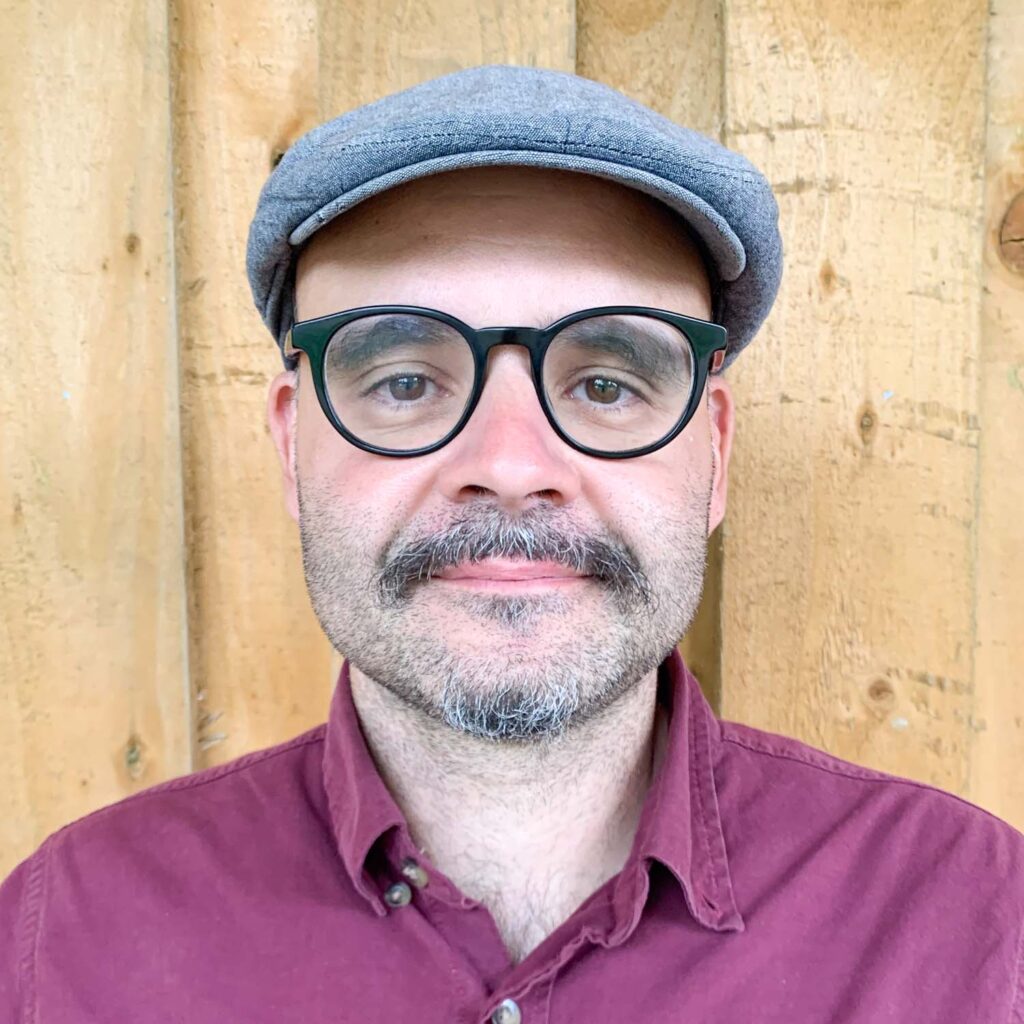
What is your project about?
My research is specifically about Community-Supported Agriculture and the twelve Ruskin Mill centers. Each center has a biodynamic garden or farm. The main purpose is to feed our students biodynamic food and to have cosmic nutrition for the soul and body, but there is so much land at Ruskin Mill that we can go further and offer that same type of nutrition to a wider community of people. Community-Supported Agriculture (CSA) is a model that decommodifies agriculture, taking it out of the market and the logic of markets. The relationship between the farmer and the community they serve should be central, not the value of the land and or the price of a carrot. The farmer is simply doing their job to enable their crops to ripen, and an arrangement is found to enable him or her to do that. But the point is also to allow communication between Ruskin Mill and a wider audience, to say to the people: this is what we do and more people can benefit from it. People are invited to come to the farm and to have a deeper connection with nature, because that is one of the most important, if not the most important answer for everything that’s going on in the world—to support the relationship between humanity and nature. There is a deeply spiritual side to it because we are so separated from the divine, from the cosmos, from nature.
I’m looking at the role of spirituality in agriculture. I’m studying the first CSA in the world, the first with that name, Temple Wilton Community Farm, which was started at the same time as Indian Line Farm. They came specifically and purely from a spiritual impulse: Rudolf Steiner’s threefold social order. It enables biodynamics to be a force of good in the world and to integrate humanity and nature as parts of the same reality. Community-supported agriculture started with this particular threefolding model and understanding of spirituality and agriculture, although many CSAs have no connection to threefolding or spirituality anymore. This understanding and model could be remembered and reclaimed. They are not whacky, but actually very pragmatic if applied in the right context, with the right people, with the right purpose.
Today, there are thousands and thousands of CSAs across America, the UK, and many other parts of the world. It is a valuable concept that has very effective and harmonious results. You could think of CSAs as economic enterprises, of course, but this isn’t a complete understanding. I’m also trying to understand their effect on people, their spiritual value. A member of a CSA says, “I’m going to pay X amount of dollars a month or a year and I will get my vegetable shares every week.” We can look at that economically: Is it more expensive than a supermarket? Is it better value? Well, if you’re eating biodynamic food, that has a value far beyond what can be weighed on the supermarket scale. Beyond that, these members are saying, “I’m supporting something. I’m consciously investing my time.” In other words, they’re investing in that idea. But a member can even go beyond that and say, “Actually, I’m not supporting a farm. I’m supporting myself through supporting a farm, that in turn is supporting me at a physical level and at a soul level.” That is my dissertation in a nutshell.
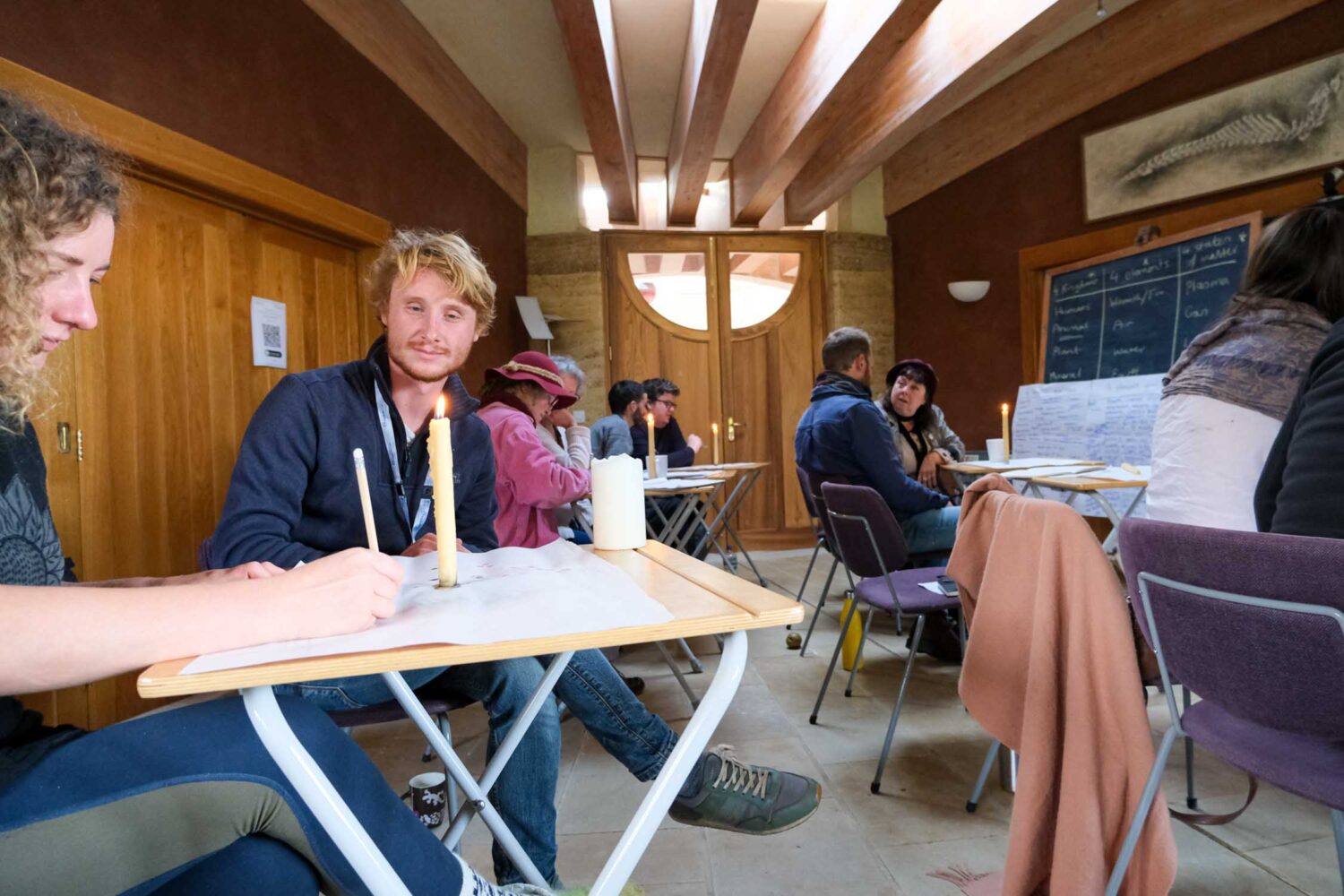
My brother is a very enthusiastic supporter of CSAs, even though he doesn’t have a relationship with anthroposophy. I observe that there’s an inherently spiritual quality to developing a relationship with your food and supporting a farmer that could get overlooked by focusing exclusively on the economics.
CSA stands for Community Supported Agriculture, and that C for community is absolutely vital—it’s the cultural aspect that Steiner talked about in the threefold social order. The cultural aspect is really the enabling of individual creativity—in other words, our spiritual freedom. So if a CSA is a solely economic enterprise, it’s missing an opportunity to generate a community based on the principle of freedom. And that is absolutely essential. If you just go to the supermarket to get vegetables, then you are missing a chance to communicate with other human beings who can also be interested in supporting you. That interest is what feeds the whole process. It warms the heart of the farmer, then the farmer gives back to the land, and the land gives back to the farmer. Then the members cherish the produce and validate the farmer.
So this is an opportunity to be mindful of the interconnectedness of everything we do. The way that we choose to feed ourselves means so much because it’s a consequence of so much. Community Supported Agriculture is a microcosm of what could exist if humanity felt connected to nature and the land, which is what indigenous populations always felt and still feel. They are successful in their farming because they’re constantly observing nature, in the sense of, “I am part of nature and I’m part of this landscape. Therefore, I do whatever the landscape wants me to do so I can enable it to prosper, and then I can collect the fruits of its abundance.”

CSAs are scalable in the sense that they could be applied worldwide, but they always have to be applied in a specific place, with a specific community, so they actually direct people into more localism.
And all the money that you invest stays there! There’s no middleman, and the point, ideally, is that you go to the farm, you collect the vegetables, and have that connection. It’s a very basic principle of exchange. There’s nobody getting rich off you or the farmer—nobody is being exploited in that process, hopefully. The farmers’ needs are really well taken care of—they have pensions and things are thought through in advance. When you’re paying for your vegetables, you account for all of that.
But the most important idea in relation to the community aspect is that we develop islands of culture through agriculture, because, in reality, a farm is a university of the future. You can learn about every aspect of life and the cosmos on a farm. Here at Ruskin Mill, we teach our students to weigh objects and track all sorts of natural rhythms, which they have to write down. Intellectual capacities are being used, even by students with learning difficulties. They are being invited to be part of the cosmic conversation that is enabled by the farm.
It’s beautiful that this is one way that anthroposophy brought gifts to the world. And maybe there are more, maybe specifically from Ruskin Mill, that could spread or catch fire in the same way.
One of the most important things for Ruskin Mill is to explain their method of working with craft activities not as a prescription, but more as a possibility that can arise naturally. At Ruskin Mill, spiritual science is applied to practical outcomes like building a chair with your hands and with wood that comes from woodlands that we manage ourselves. The student sees the whole cycle, starting with the trees being chopped and processed. The same thing happens on the farm: the student plants a seed and harvests the vegetable and then consumes it or sells it in the shop. It’s the whole life cycle, life itself. Making or eating something out of this material, you realize that you are a part of the cycle, and that you can also have a role to play in it, as long as you do it consciously. So Ruskin Mill is about sharing this possibility of using spiritual science to the benefit of whoever needs it.
More The Field Centre
Title image The Field Centre building, view from the outside
All photos Kindly provided by The Ruskin Mill Trust





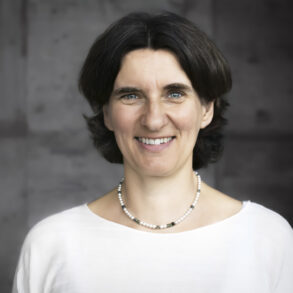
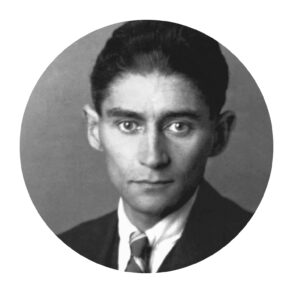


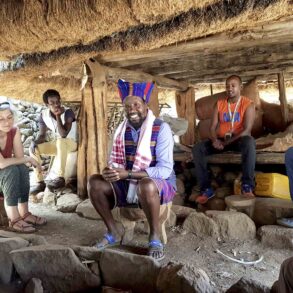

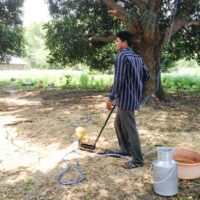
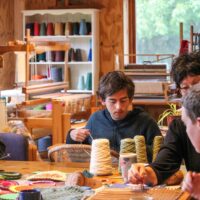

Such a wonderful and enthusiastic description of your amazing work, dear Ricardo! Thank you so very much.